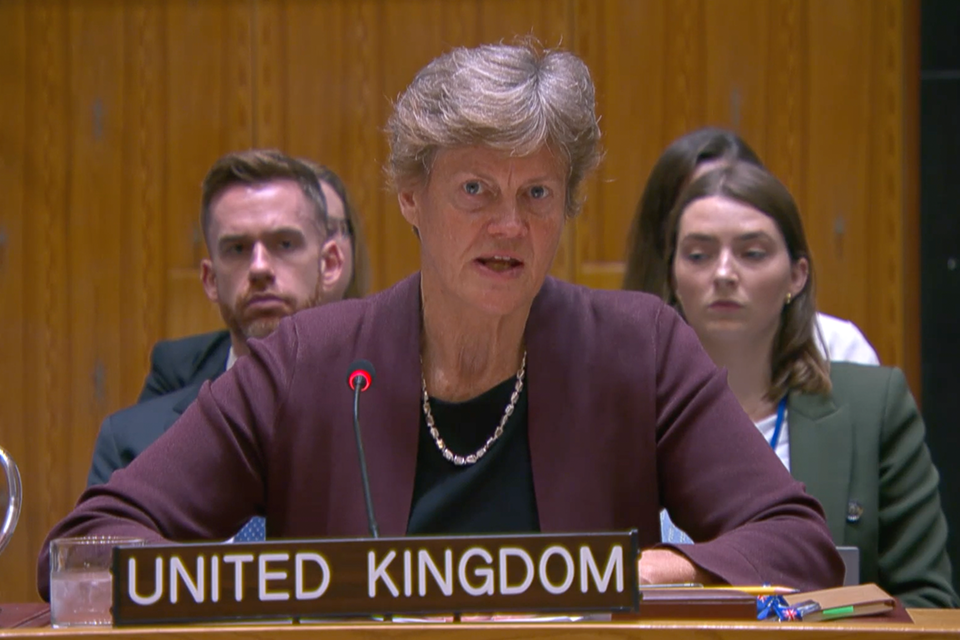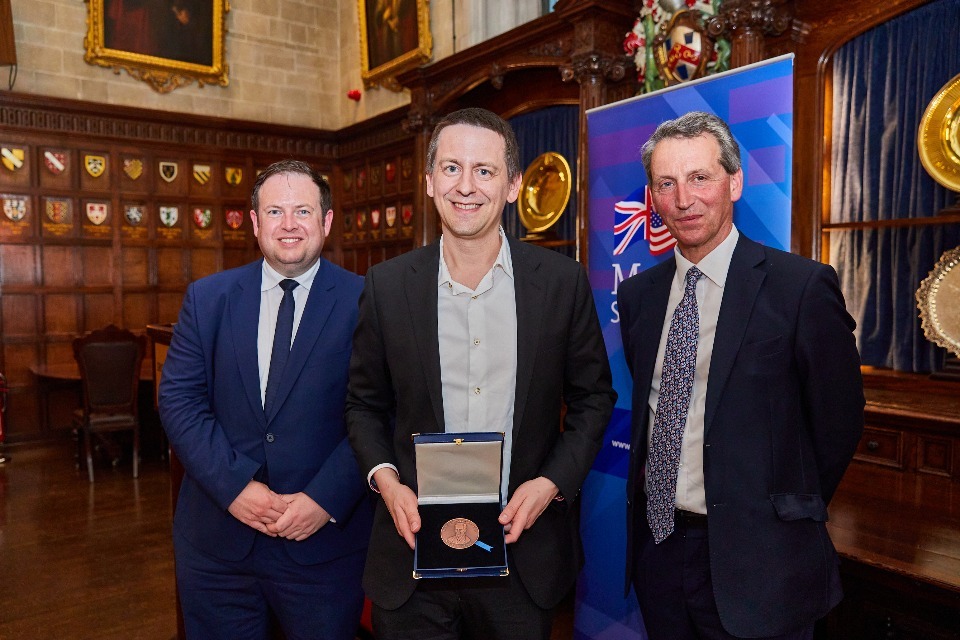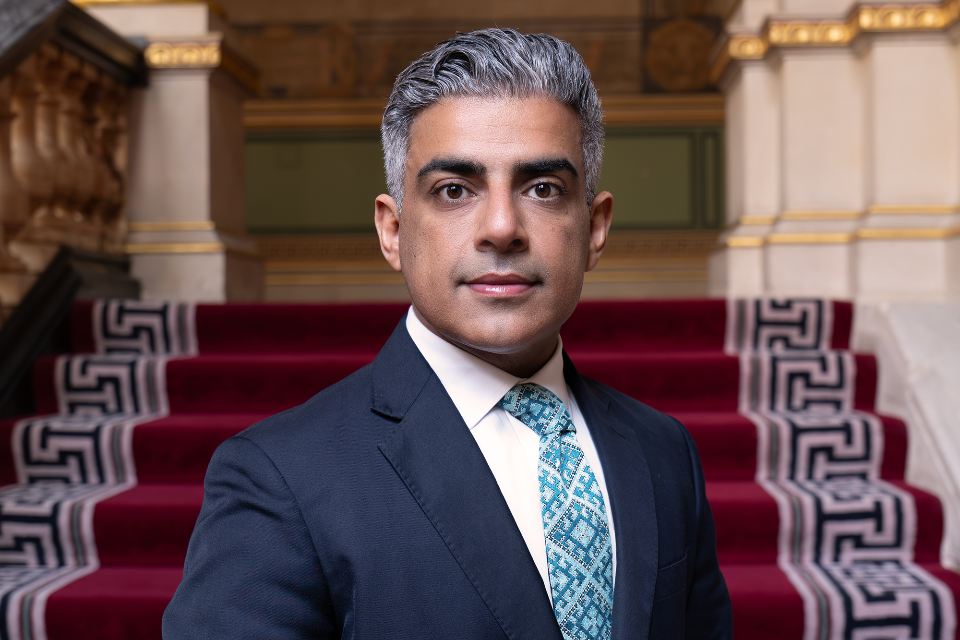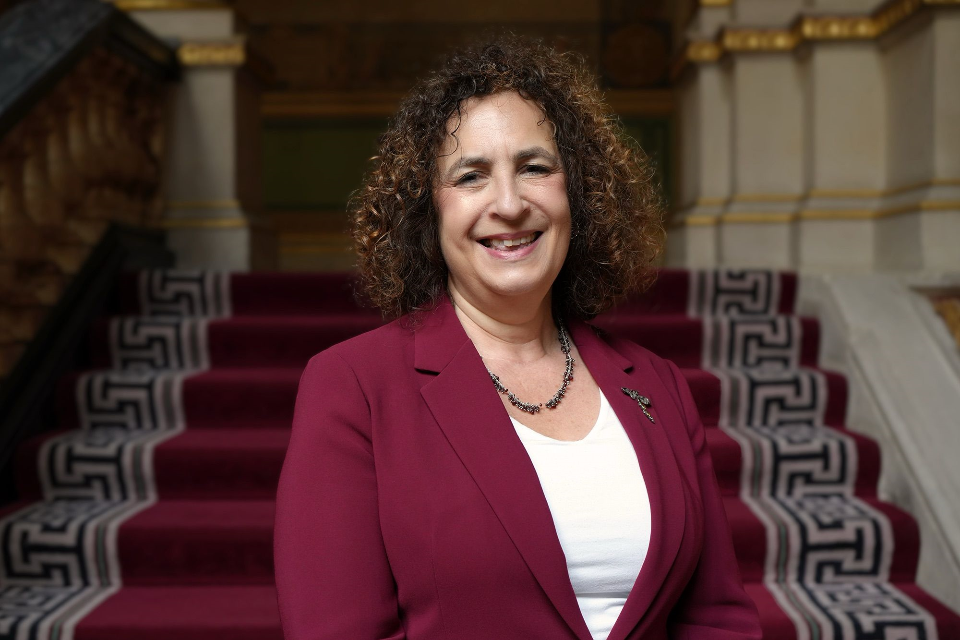What's On
The charity regulator for England and Wales has launched a…
Going Out
They say patience is a virtue, but that can really…
Reviews
The Digital transformation in HR Online certificate course, developed in…
Latest Articles
Introduction What makes the X50 Ultra Complete the most advanced robot vac I’ve seen from Dreame? The fact…
The seventh annual Geography in Government Awards took place on Monday 12 May 2025 at Geovation in London,…
A new report published today reveals that companies funded by the Defence and Security Accelerator (DASA) have generated…
Three men who raped a vulnerable teenager in the 1990s have had their sentences increased by a total…
We, the UK, Denmark, France, Greece and Slovenia, called for today’s urgent meeting of the Security Council on…
The UK called this meeting alongside Denmark, France, Greece and Slovenia in response to the alarming warnings that…
The UK Government has issued a statement following the outcome of the International Civil Aviation Organisation hearing on…
The Marshall Aid Commemoration Commission has announced 12 May that it has awarded a prestigious Marshall Medal to…
In Spotlight
£4m Great British Energy funding scheme to target clean energy…



































